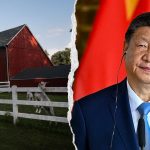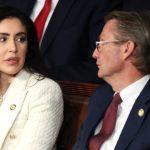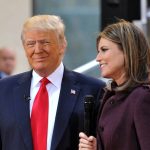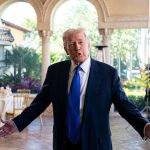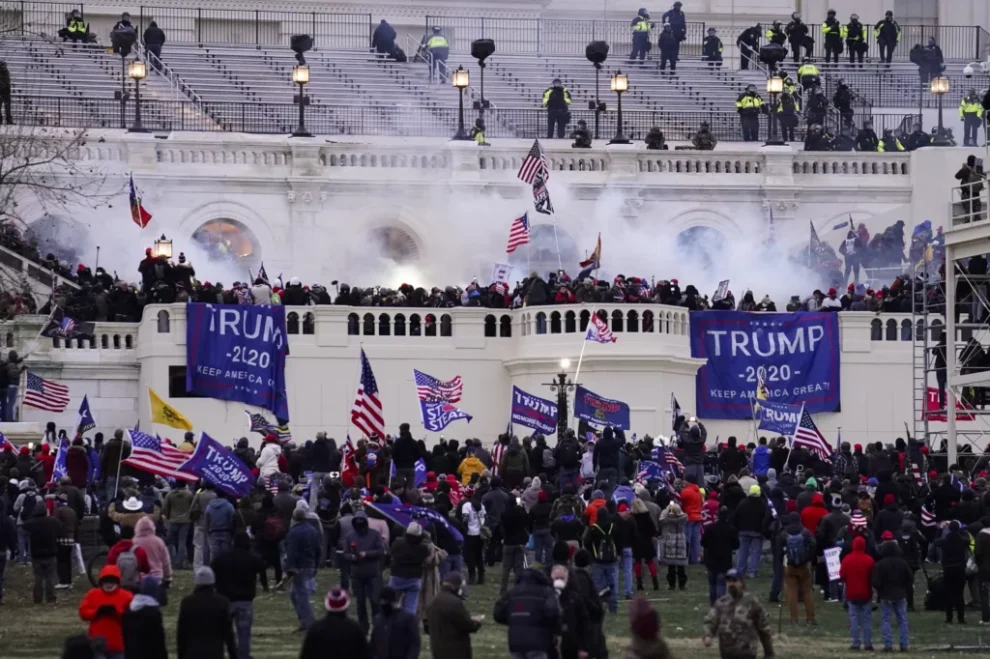A defendant in a case involving the Jan. 6 riot at the U.S. Capitol has requested a delay in his status hearing, citing President-elect Donald Trump’s campaign pledges to pardon nonviolent participants involved in the Capitol breach.
Christopher Carnell, who was 18 at the time and entered the Capitol in 2021 without engaging in violence, filed a motion on Wednesday to push back his Nov. 8, 2024, hearing to Dec. 13. The defendant’s legal team told U.S. District Judge Beryl Howell that a delay is necessary given Trump’s recent election victory on Tuesday and anticipated clemency actions for some individuals facing similar charges.
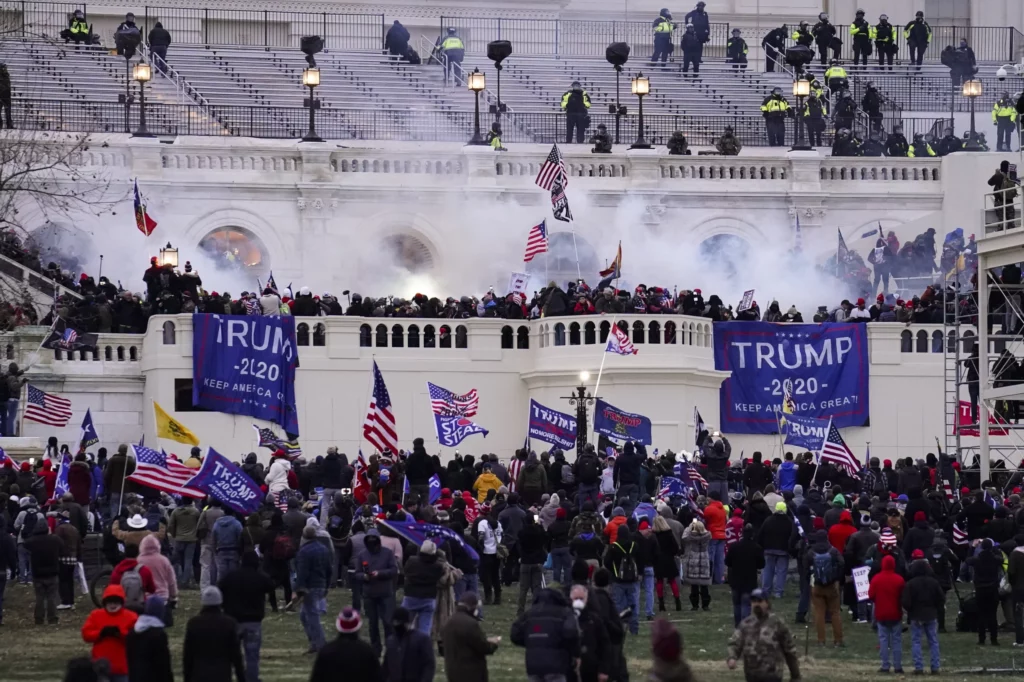
The request is one that is likely to be replicated in outstanding Jan. 6 cases as Trump prepares to reenter the White House.
President Joe Biden‘s Justice Department has already been rebuked for its handling of Capitol riot cases involving the use of Section 1512(c)(2), an obstruction charge that the Supreme Court found was used overly broadly in its application to dozens of rioters, in addition to Howell last week finding that the application of the charge cannot stand against any single defendant from the riot.
Trump has said he intends to pardon at least some individuals from the Jan. 6 riot, saying at one point he was “inclined to pardon many of them.”
“I can’t say for every single one, because a couple of them, probably they got out of control,” Trump said on Truth Social in March.
The Nov. 8 hearing for Carnell is slated to discuss the government’s intent to seek an obstruction charge against Carnell and establish a sentencing date for misdemeanor convictions. However, recent developments, including Trump’s victory and a separate favorable court decision, have altered the defense’s strategy.
On Nov. 1, Howell ruled in a similar case, United States v. DeCarlo, that set a threshold for obstruction charges that, according to Carnell’s lawyers, the government may not meet in his case or other Capitol riot defendants’ cases.
Carnell’s motion suggests that his charges could be dropped if clemency actions are announced early in the Trump administration.
In addition to the possible pardon, Carnell’s defense has been affected by the retirement of his co-defendant’s counsel, Kira West, which complicates joint defense coordination until new representation is secured.
The motion argued that Trump’s pardon promises and the logistical issues within the defense team meant rescheduling the hearing would allow adequate preparation and a clear understanding of any future clemency.
Carnell’s case highlights the questions many Jan. 6 defendants are poised to raise following Trump’s electoral victory, particularly for those involved in nonviolent offenses.
CLICK HERE TO READ MORE FROM THE WASHINGTON EXAMINER
As Trump prepares to take office, the legal outcomes for Carnell and others may hinge on the extent of the clemency actions that Trump campaigned on.
Around 1,532 people have been charged criminally in federal court for actions related to the riot, according to the Department of Justice.


